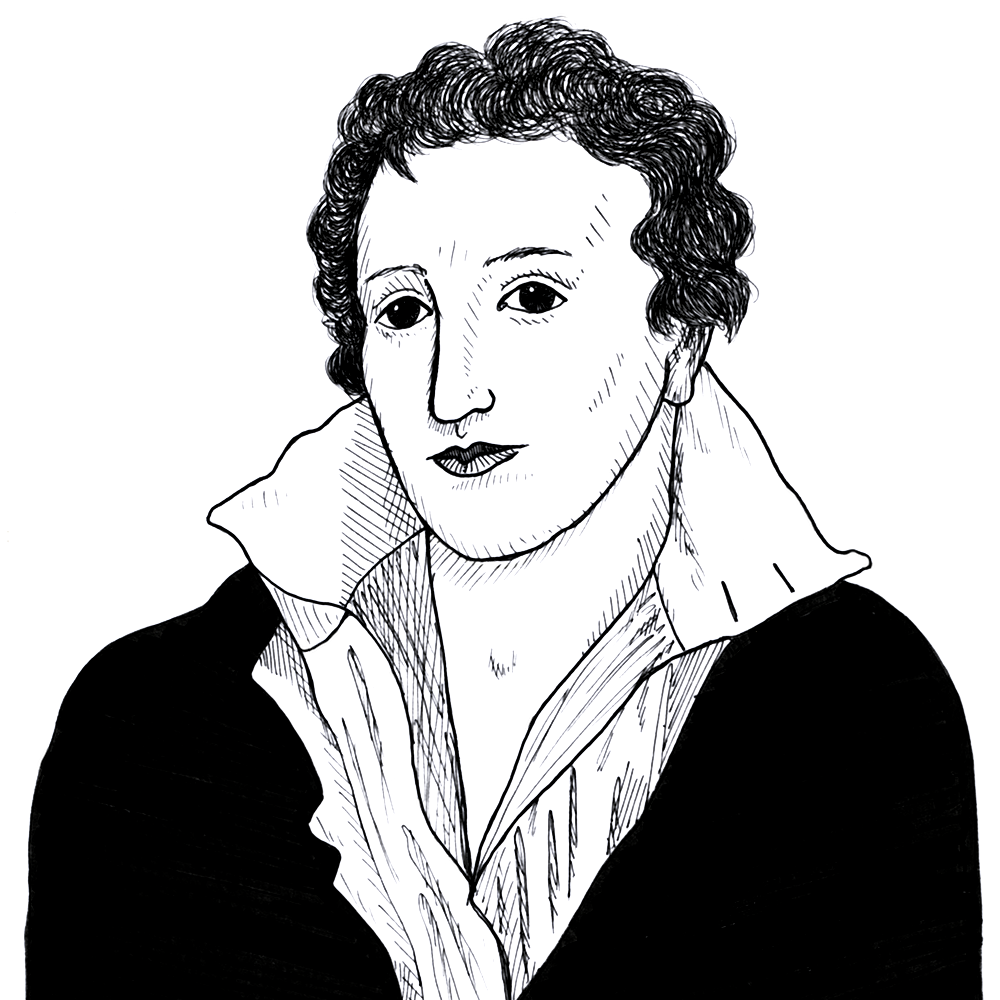
Percy Shelley on the two types of property [1820]
Found in: Philosophical View of Reform (1820)
In a pamphlet calling for widespread economic and political reform the poet Percy Shelley (1792-1822) identified two very different kinds of property, one which is just and one which is unjust:
Property Rights
Labour and skill and the immediate wages of labour and skill is a property of the most sacred and indisputable right, and the foundation of all other property. And the right of a man to property in the exertion of his own bodily and mental faculties, or on the produce and free reward from and for that exertion is the most inalienable of rights. If however he takes by violence and appropriates to himself through fraudulent cunning, or receives from another property so acquired, his claim to that property is of a far inferior force…
But there is another species of property which has its foundation in usurpation, or imposture, or violence, without which, by the nature of things, immense possessions of gold or land could never have been accumulated. Of this nature is the principal part of the property enjoyed by the aristocracy and by the great fundholders, the majority of whose ancestors never either deserved it by their skill and talents or acquired and created it by their personal labour.